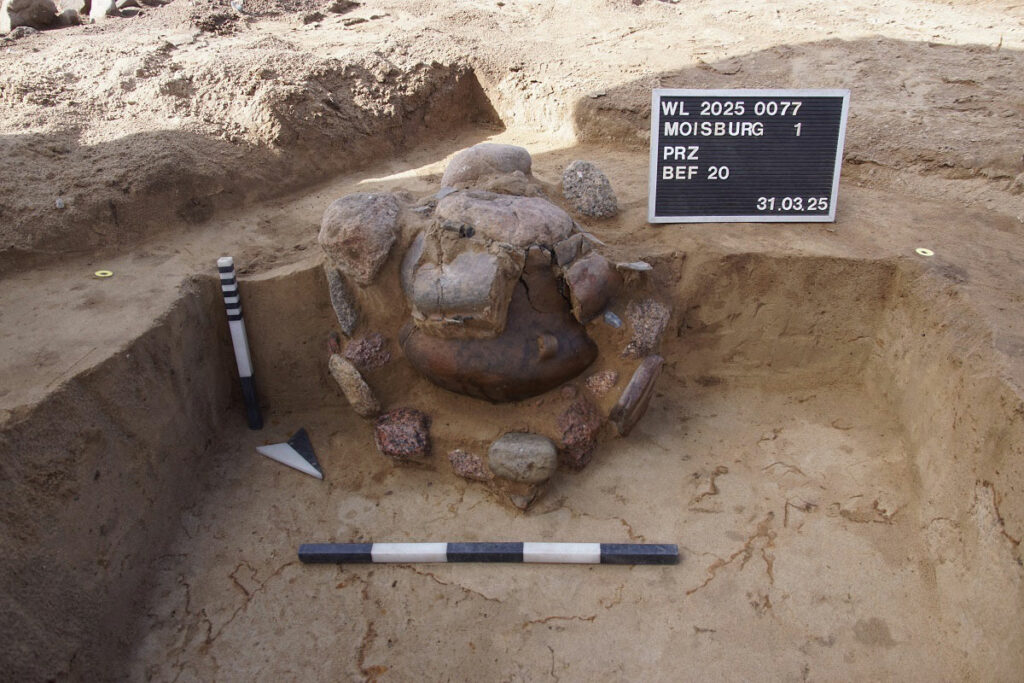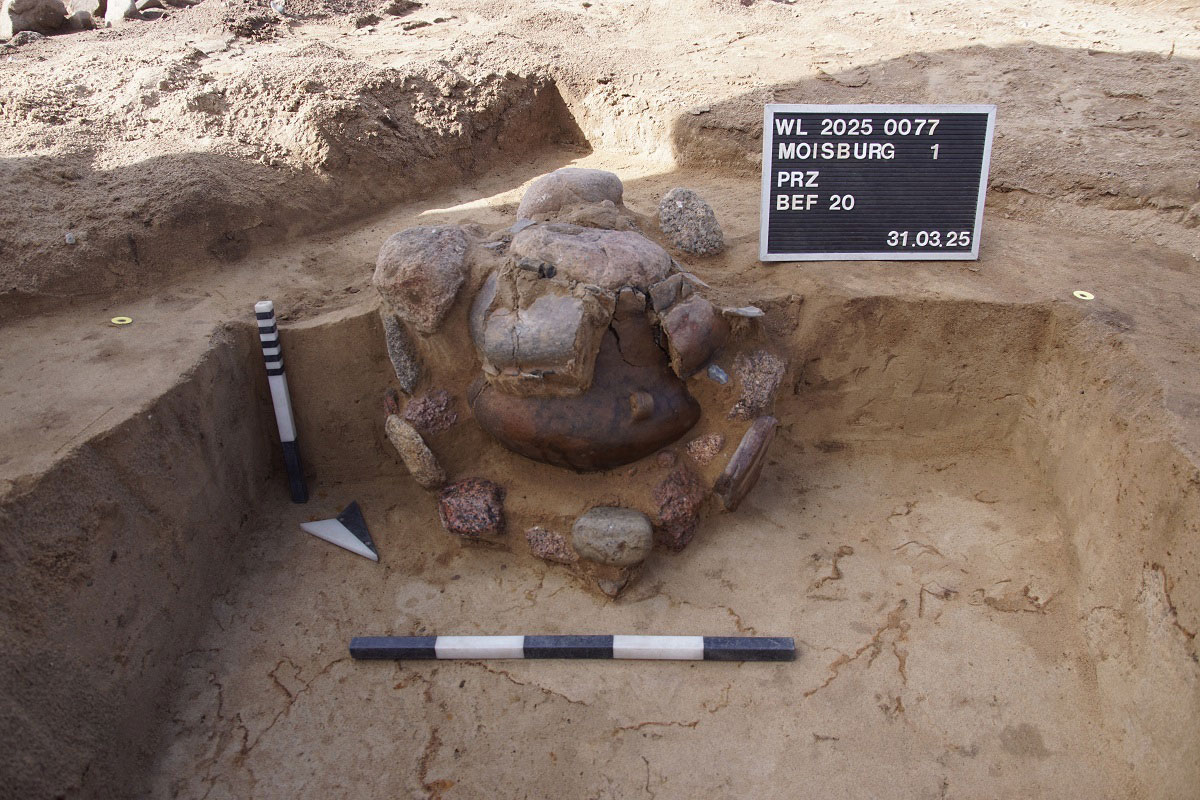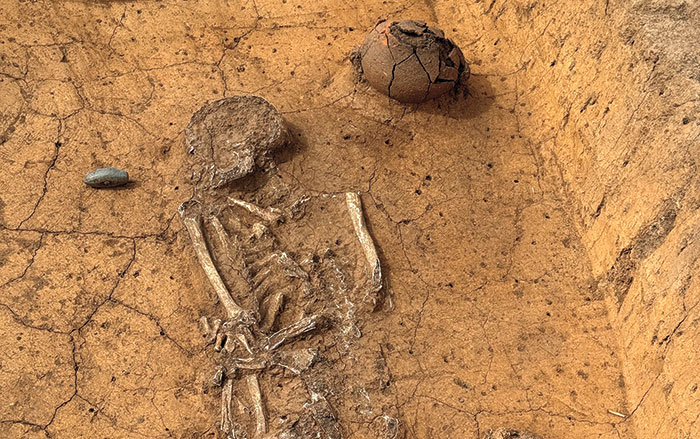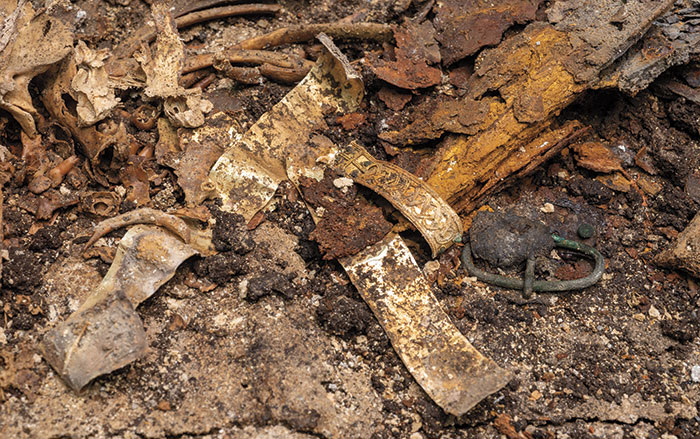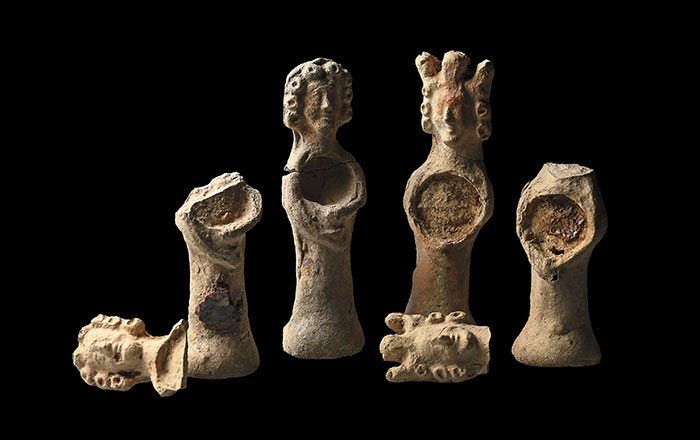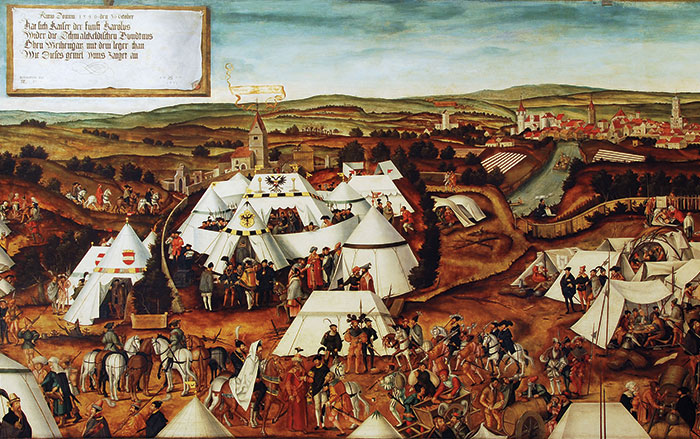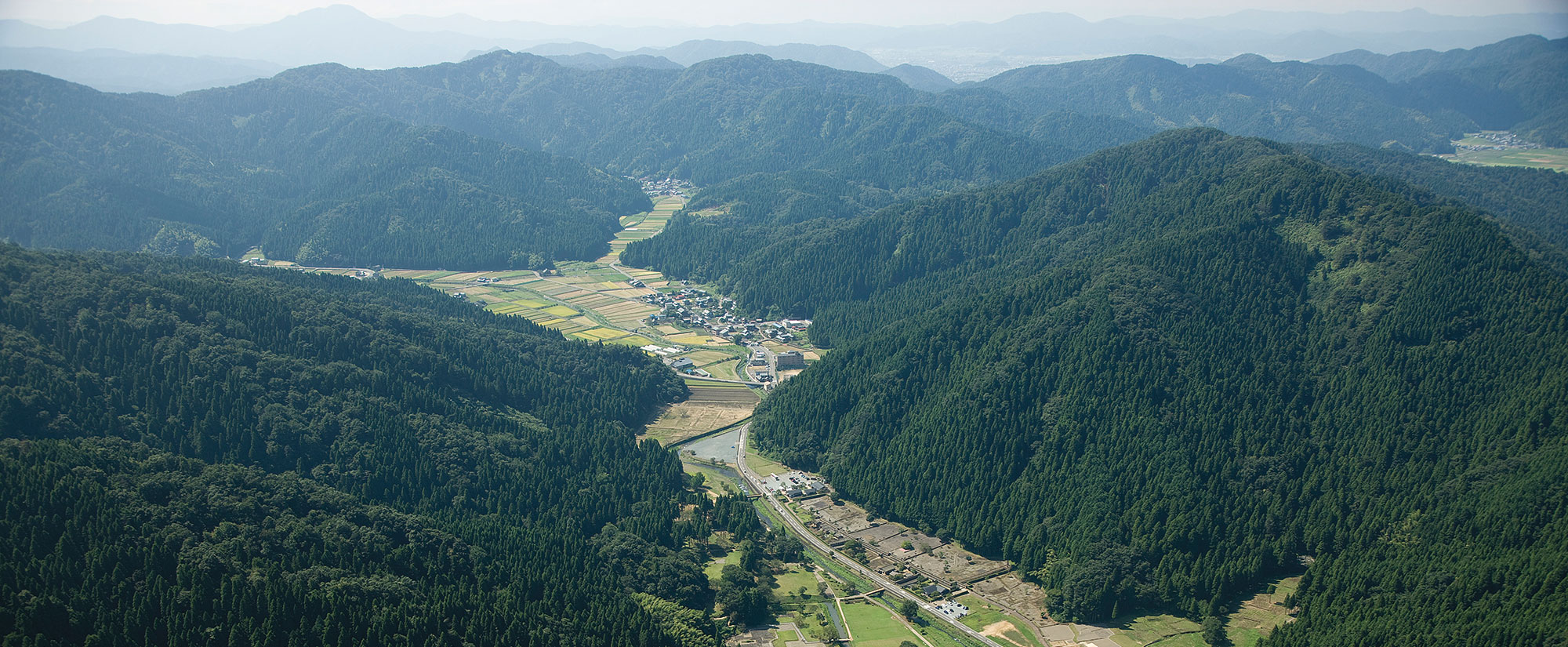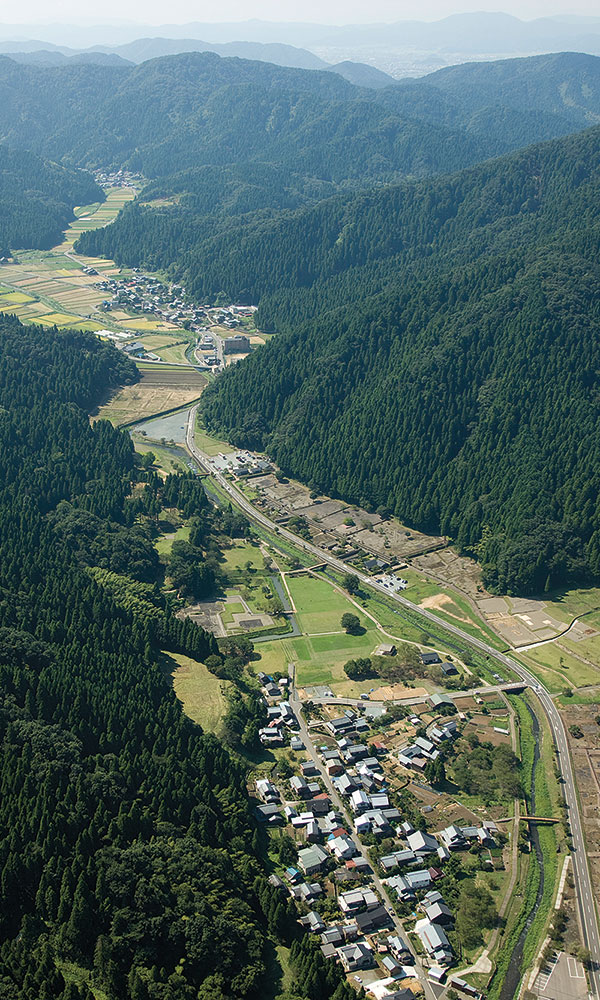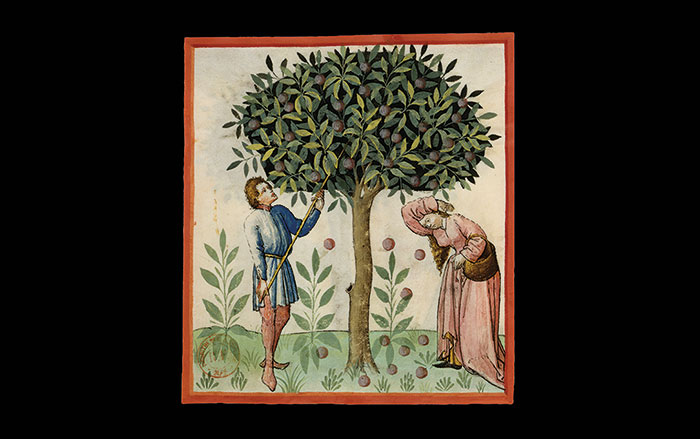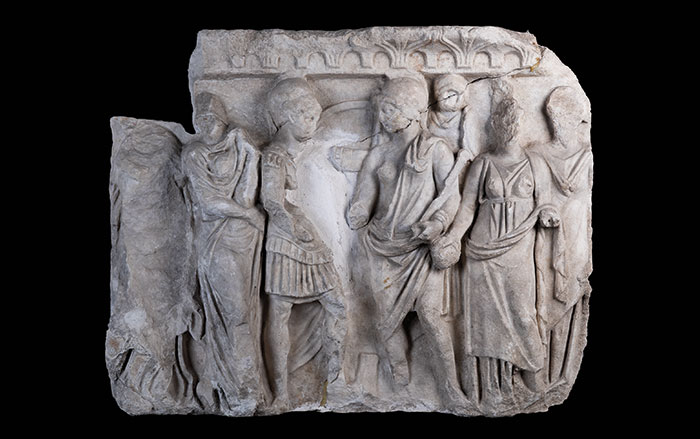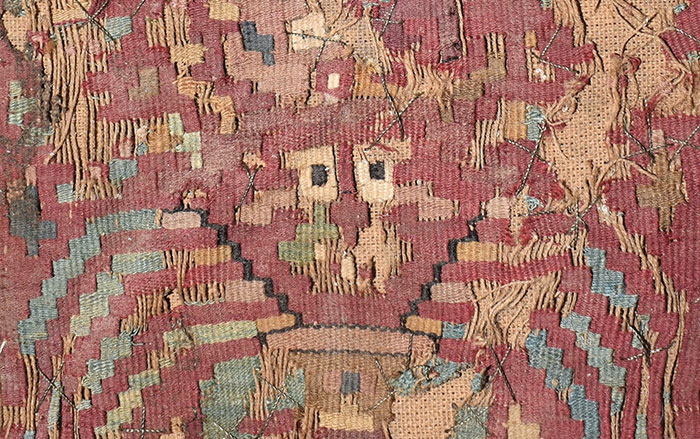HAMBURG, GERMANY—Workers unearthed 30 Late Bronze Age funerary urns during installation of a drainage channel along a road between Moisburg and Immenbeck in Lower Saxony, La Brújula Verde reports. The burials belonged to the so-called Urnfield culture, which existed in Central Europe between 1300 and 600 b.c. The civilization's name is derived from their custom of cremating their dead and placing the ashes in distinctive ceramic vessels that were subsequently buried in fields. The recently revealed graves were exceptionally well preserved because the urns had been covered with stones to protect them. The archaeologists stated that the vases typically only contain the charred human remains of the deceased, as grave goods were not common during this time period. The discovery was not entirely unexpected. In the 1930s, farmers working in the vicinity uncovered several urns that were investigated by an archaeological team from the former Helms-Museum. “This is the first time in years that we’ve managed to recover complete cremation burials in such an intensively farmed area,” said archaeologist Jochen Brandt of the Hamburg Archaeological Museum. “Usually, modern agriculture has almost completely destroyed this type of evidence.” To read about a gold bowl unearthed in Austria that belonged to the Urnfield culture, go to "A Shining Example."
